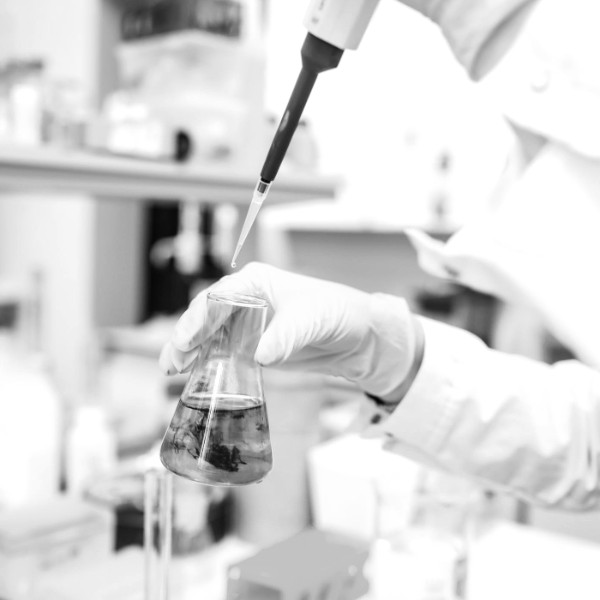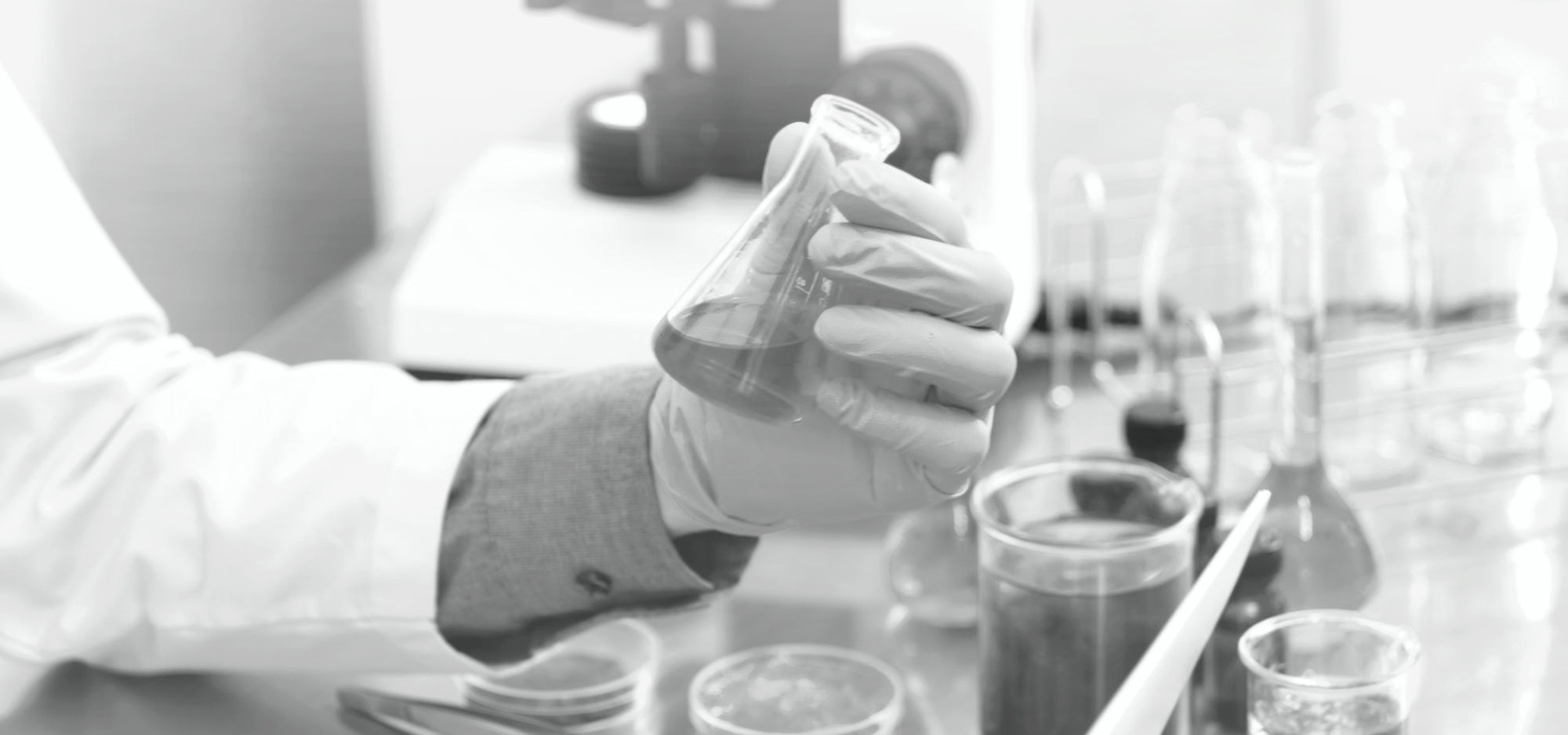The Life Science industry has seen explosive development – have your insurance plans kept up?
Considering the development of individual industries from 2008 to 2019 in Denmark, the greatest increase in turnover by far is found in the pharmaceutical industry. In absolute terms, turnover in this sector went from DKK 43 billion to 115 billion.*
But have your insurance plans also kept pace with this explosive development?
Life Science companies should protect their assets with the right insurance plans to ensure not only patient safety, but also their own organisational security. In this special feature, we’ve chosen to focus on four insurance areas which you can read more about below.
The four selected insurance areas within the Life Science field are the following:
To be absolutely sure that all risks are covered, including the four areas above, Ensure offers a full review of risks, insurance needs and independent and impartial assistance in finding the best insurance coverage at the best price. Contact us for more info.
*Figures from Statistics Denmark

Liability insurance for the Life Science industry
The unique exposures inherent to the pharmaceutical industry require individual insurance coverage adapted to the risk profile of the individual company. At Ensure, we have in-depth knowledge of Life Science – and specialist expertise in the field of clinical trials.
Clinical trials
In their role as sponsors of clinical trials, pharma-, biotech- and medtech companies seeking to test medicines and medical devices need insurance coverage, which in most countries is legally madatory
We can help identify the risks that, in relation to the trial subjects, may follow from a trial’s protocol and patient information and then establish the necessary insurance coverage. Clinical trial insurance is normally taken out for phase I – III trials, and for post-marketing studies we can help write or adapt product liability insurance.
Correct insurance coverage for clinical trials
It is important that the person, company, institution or organisation assuming liability for the start-up, management, and (where applicable) financing of a clinical trial (the Sponsor) has the correct insurance coverage. With broad knowledge of legislation in most countries on the world map, we can ensure that the Sponsor will obtain and submit the correct insurance coverage for a clinical trial in conjunction with application for authorisation from authorities and/or ethics committees.
In addition, Investigators, the ones responsible for the implementation of a clinical trial at a clinical trial site, may need liability insurance (medical liability/Medical Malpractice) in conjunction with practical implementation of the clinical trial. We are able to advise on the division of liability between the Sponsor and the Investigator, including what insurance coverage each party should establish.
Use of CROs
The widespread use of private CROs (Contract Research Organisations) in conjunction with clinical trials also imposes requirements for liability coverage of these. We can ensure that reasonable professional liability insurance is obtained and that the coverage accounts for the benefits and risks of any QP (Qualified Person). We know that time is an essential factor when it comes to insurance of clinical trials, and that it is critical in most cases to be able to deliver the necessary documents within a short timeframe.

Production/all-risk insurance
Whether a company is a manufacturer, or contracts out to a third party, high (slettet monetary) values are a defining characteristic of the Life Science industry. It is therefore extremely important to continuously evaluate and update property values to ensure that the insurance coverage accurately and sufficiently reflects the risk.
For manufacturing companies, the machines are usually of the highest standard, and extensive requirements are set for punctuality and secure operation. It can therefore be catastrophic if a machine suddenly breaks down, due to for instance an operator error, triggering a regular stoppage in production.
Insurance of goods and inventory
Storage conditions are a critical factor regardless of whether a life science company is producing for a third party, for its own resale or for own stock only. The warehouse location must be equipped to handle the risk associated with the storage of pharmaceutical products, including accounting for whether the products must be stored in refrigerators or freezers or can manage normal room temperature.
A clear characteristic of a pharmaceutical stock is, while not overwhelming in size or volume of the product, it has extremely high monetary value nonetheless. This is why it is also important to have a finely tuned connection between risk and insurance coverage.
Cybercrime/fraud in the pharma industry
Cybercrime is growing, and the pharmaceutical industry makes an extremely attractive target. Several companies have experienced hacking as well as other types of cyber-attacks, sometimes repeatedly.
Cybercrime methods are becoming increasingly targeted – including for companies conducting clinical trials, as they often hold high volumes of personal data. This can also entail hacking for the purpose of targeted industrial espionage, or a direct attack to cripple the production and/or distribution segment.
Because of this it is crucial that the company takes a position on how it wishes to be insured against these events.
Transport insurance
Medicines, machinery, and technical equipment for the pharmaceutical industry often have extremely high value. When they need to be shipped, it is critical to have the right transport insurance to cover loss, damage or delay of the goods.

Transport insurance of temperature-controlled goods
Pharmaceutical products can be sensitive and require exact temperatures and conditions during production, storage and transport. A temperature fluctuation of only a few degrees can destroy the products. To avoid questions of whether liability for damage during transport falls on the shipper or the carrier, professional carriers using temperature logging and also extensive internal audits should be practiced.
For the transport of pharmaceutical products in particular, as an addition to the general transport insurance a trademark coverage can be insured in order to protect the trademark, company and patients, if the medicine is destroyed or damaged during transport.
For Life Science companies that are not GMP (Good Manufacturing Practice)-approved and have medicinal products manufactured by third parties for use in clinical trials, it may be an option to establish a so-called stock-through-put policy which combines the 3 risk areas.

